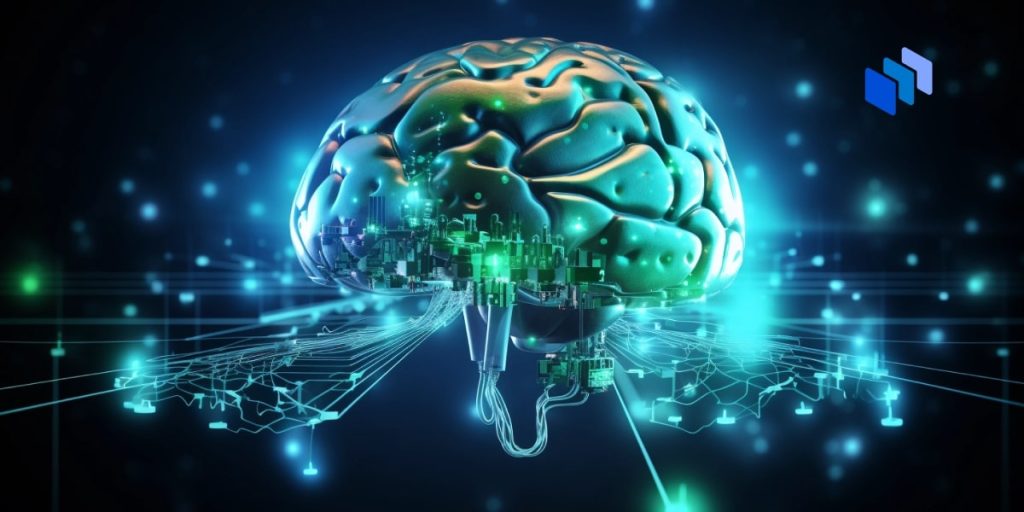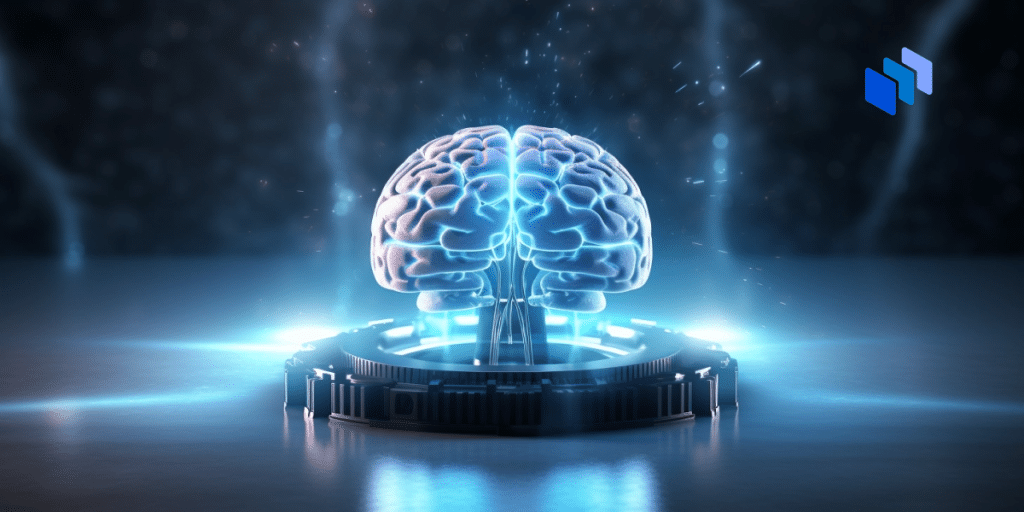Signing off on a good deal is always a pleasant, well-deserved moment.
On the contrary, negotiating a contract can be quite an exhausting process. What if artificial intelligence (AI) could do this on our behalf and reliably automate this delicate task?
Will this pave the way to a world where AIs can handle all kinds of legal paperwork, from contracts to purchasing goods, on their own? And is this something we want to happen?
An NDA Signed Without Humans
Luminance is a London-based company that claims to have demonstrated how AI could negotiate a contract autonomously with another AI without human intervention.
Luminance’s managing director and chief of staff Jaeger Glucina said legal professionals spend far too much time reviewing contracts.
They instead want “something to do the grunt work for you and get you into a position where you can focus on strategy earlier.”
And very few things consume more of their time than non-disclosure agreements (NDAs).
This type of contract must be dealt with daily, yet it’s a delicate matter that requires careful handling to establish the correct confidentiality limits.
It takes hours to review and scrutinize an NDA, and commercial teams often have to wait for their legal team to finalize it before they can move things to the next stage.
According to Glucina, law firms spend 80% of their time reviewing and negotiating everyday documents.
In the real-life case study of this scenario, Luminance’s proprietary negotiation tool, Autopilot, was based on its own large language model (LLM).
The tool handled the agreement between the company’s general counsel and the respective general counsel for their client, ProSapient.
The entire negotiation process was completed in a few minutes instead of hours as the two AIs went back and forth negotiating for their respective side.
Clauses that didn’t satisfy one of the two parties were changed to more suitable accords, and each side made progress by considering the other company’s preference. Ultimately, the final contract was ideally suited to each side’s needs, and the agreement was reached.
Does AI Contract Software Exist?
AI-powered contract tools based on LMMs are plentiful out there, each with its own merits, but they serve different purposes.
They can do various things, such as drafting new contracts based on the instructions prompted by the end-user, reviewing existing contracts to evaluate risk and flag any areas of concern, or creating platforms to handle arrangements through their entire lifecycle.
Contract tools are mainly used for automation and simplifying the legal paperwork process. They can set approval workflows, find key data points within the contract text, and run reports.
However, while these tools can make a big difference in easing the negotiation process, they’re tools to help humans make their own decisions.
The very idea of an AI (actually, two AIs) being able to handle the negotiation process on its own represents a turning point and a true novelty.
Besides the NDAs mentioned above required by law firms, in due time, AI will likely be able to handle any kind of paperwork used in everyday life, from company-on-company contracts to loans and even house or land deeds. Is this a cool thing, or it doesn’t?
No Humans Involved – Just AI Talking to Each Other
While the idea of AI making negotiations between themselves is quite revolutionary, it might not be what we truly want. The benefits of this are quite big, so let’s consider them first:
- AIs can be unbiased, so they will certainly ensure they both seek what’s best for each side in the most neutral way possible.
- Negotiating routine contracts is a time-consuming task, and while extremely important, the actual work could be delegated to machines quite easily in most cases.
- Handling contracts is very time-consuming, and this time could be better invested elsewhere.
- Handling contracts is very time-consuming for humans — but two AIs talking together could turn hours into minutes.
- AIs can be strong at detecting fraud or loopholes, and risks might be lower if both parties have their own robust AI.
- AI can help ensure minimal risk of clerical errors, missing data, and miscommunication.
However, there may be some cons we may want to consider first. Once a contract is signed, that’s it.
However, unattended AIs may not be able to fully understand context or nuances that only humans can. This can be a real pain if the final agreement does not work as one of the sides intended.
Chances for recourse can be minimal since, at this point, there will be very little ability to appeal. If you delegate responsibility to an AI, you’ve chosen it as your representative.
And if every contract negotiated by the AI requires a complete revision by humans, this will kind of defeat the whole point of having an AI do this job in the first place.
As centuries of negotiation have taught us, sometimes the best contract is not the best for both parties — they can leave a winner or loser on the field or a compromise that doesn’t satisfy both parties.
And that’s why a good negotiator is often worth its weight in gold.
Also, who will decide what’s the best AI to use for negotiations? If each party brings its own, we might end with more robust, richer organizations having the edge over smaller businesses or individuals.
This may cause severe imbalances – just think about the negotiation of a house mortgage of a person having to deal with a multinational bank, for example.
If, on the other hand, the world opts for a universal “fair and unbiased” AI to handle all negotiations, this would equate to a very dangerous centralization of power in a very small number of hands.
Lastly, leaving AI to decide what’s ultimately good and what is not in a process where each party has its own needs is invariably a loss for humanity. We will lose our ability to make decisions and leave a very delicate matter in the hands of machines.
And, looking further forward, it will strip us humans of another piece of our humanity — the ability to talk with each other and find an agreement of sorts.
The Bottom Line
Will AI make paperwork and negotiation redundant? After Luminance’s recent demonstration, the answer is: It’s likely going to strip away a lot of it.
Is this a real step forward for humanity? The answer should be a much more prudent “maybe.” And while a “maybe” may sound unsatisfactory, that’s the best we can negotiate for today.










